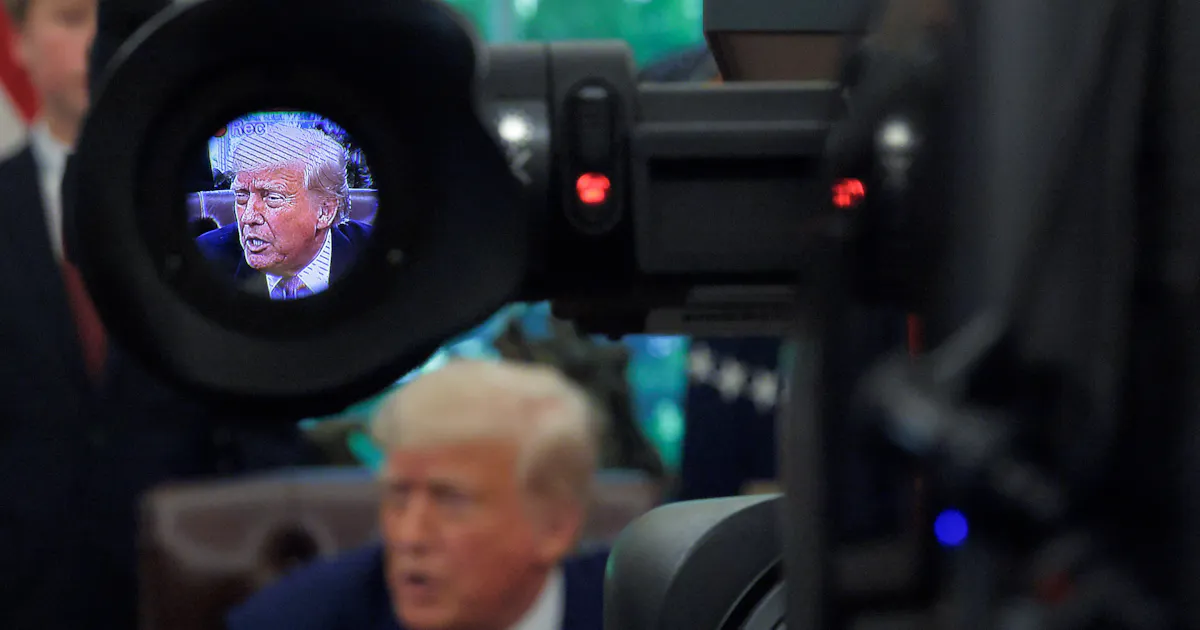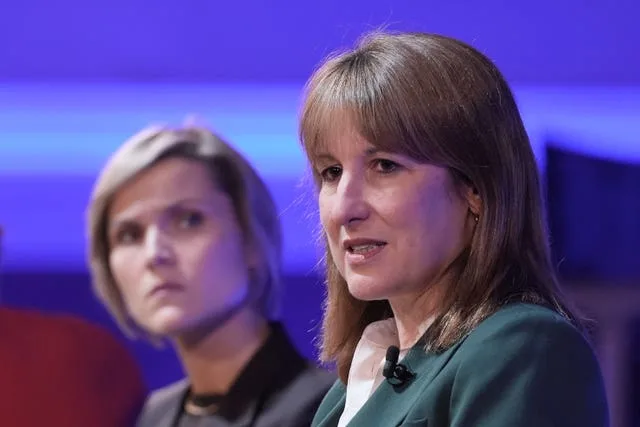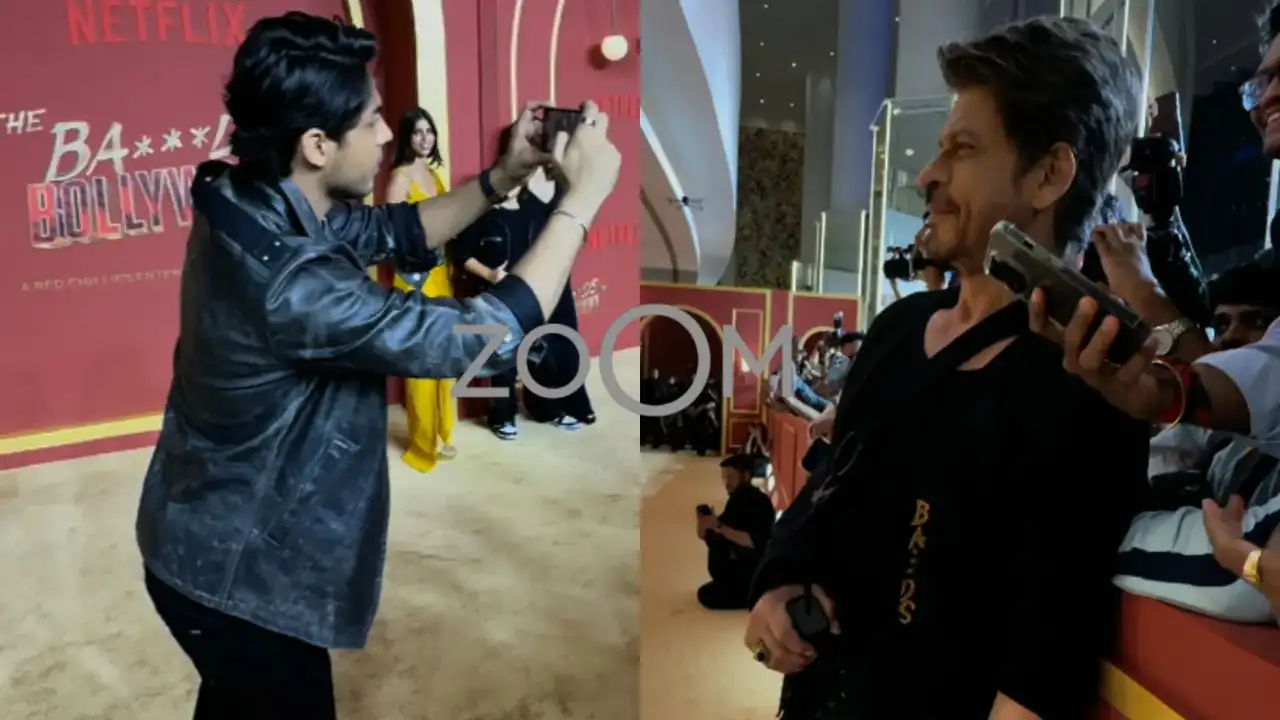By Norman J. Ornstein,Norman J. Ornsteinnor
Copyright newrepublic

As the internet became ever-present and universal, as digital and other technology moved rapidly in the communications sphere, the place and vibrancy—and bottom line—of the most venerable sources of news and information eroded and then collapsed. The New York Times leadership was smart enough to diversify, finding other business avenues, from puzzles to consumer information, to supplement the revenues from the newspaper, and finding other ways to promote the content of the paper. When Jeff Bezos bought The Washington Post, it was applauded by fans of democracy and the public interest; the old business model for it and most legacy media, especially print media, had disappeared, and sustaining flagship entities like the Post, and later the L.A. Times, required benign philanthropists for whom annual losses in the tens or hundreds of millions were trivial prices to pay for the good they were preserving and enhancing. That Bezos would move from philanthropy to concern about the Post’s bottom line seemed implausible; that he would erase the “Democracy Dies in Darkness” motto to protect his interests in Blue Horizon and Amazon from damage done by Trump’s henchmen has been jarring.
Of course, some of this dynamic has been deliberately manipulated by those malign actors like Elon Musk, using small—by their standard—portions of their vast wealth to buy, transform, and shape key new communications avenues and tools. And it now describes Trump’s illegal actions involving TikTok, violating the law and engineering a takeover by Peter Thiel and other allies of his authoritarianism. Some of these entities have a history of turning a blind eye to manipulation of elections from Russia, China, and other foreign actors. We can expect more of that. The combination of malign actors manipulating platforms like X and Facebook and taking over TikTok, alongside billionaires and huge corporate conglomerates who will do anything to avoid authoritarian retribution, has left us with a desolate media landscape.
There are still bright spots. MSNBC, or whatever it will now be called after its spinoff from Comcast Universal, has excellent anchors and shows from the likes of Chris Hayes, Lawrence O’Donnell, and Ali Velshi, strong reporters like Jacob Soboroff, and now the best investigative reporter around, Carol Leonnig, another casualty of The Washington Post. The New York Times, the only major national newspaper with ownership still led by those who care about the public interest, remains a strong force for responsible journalism, despite some warts. There are regional papers, including The Boston Globe and The Minnesota Star Tribune, doing good work. Surprisingly, Rupert Murdoch’s Wall Street Journal has shown some admirable backbone in the face of Trumpian pressure. ProPublica has been a jewel of investigative journalism, and outlets like The Atlantic, The New Yorker, The New Republic, and The Contrarian fit the model of a free press speaking truth to power.



